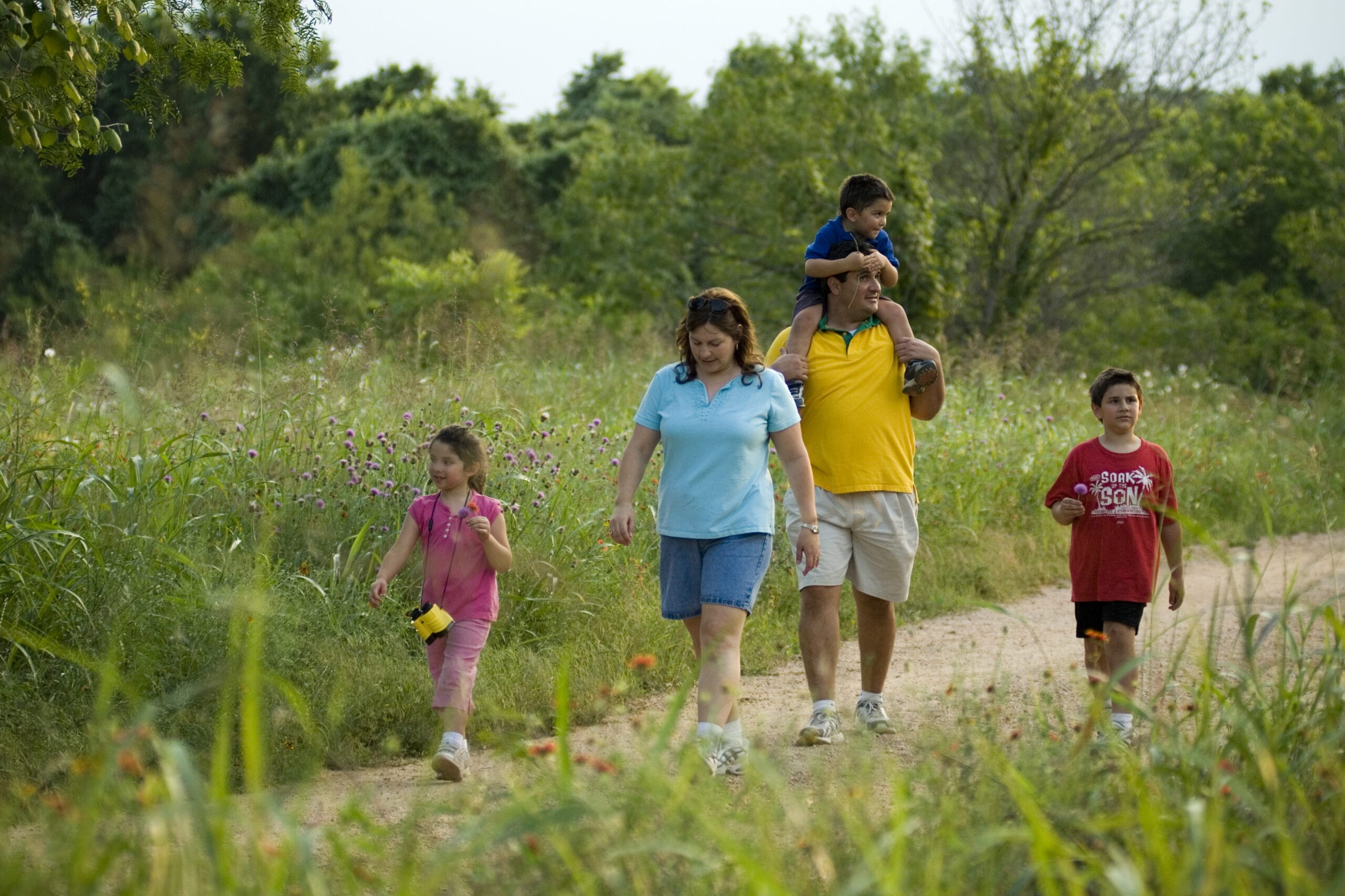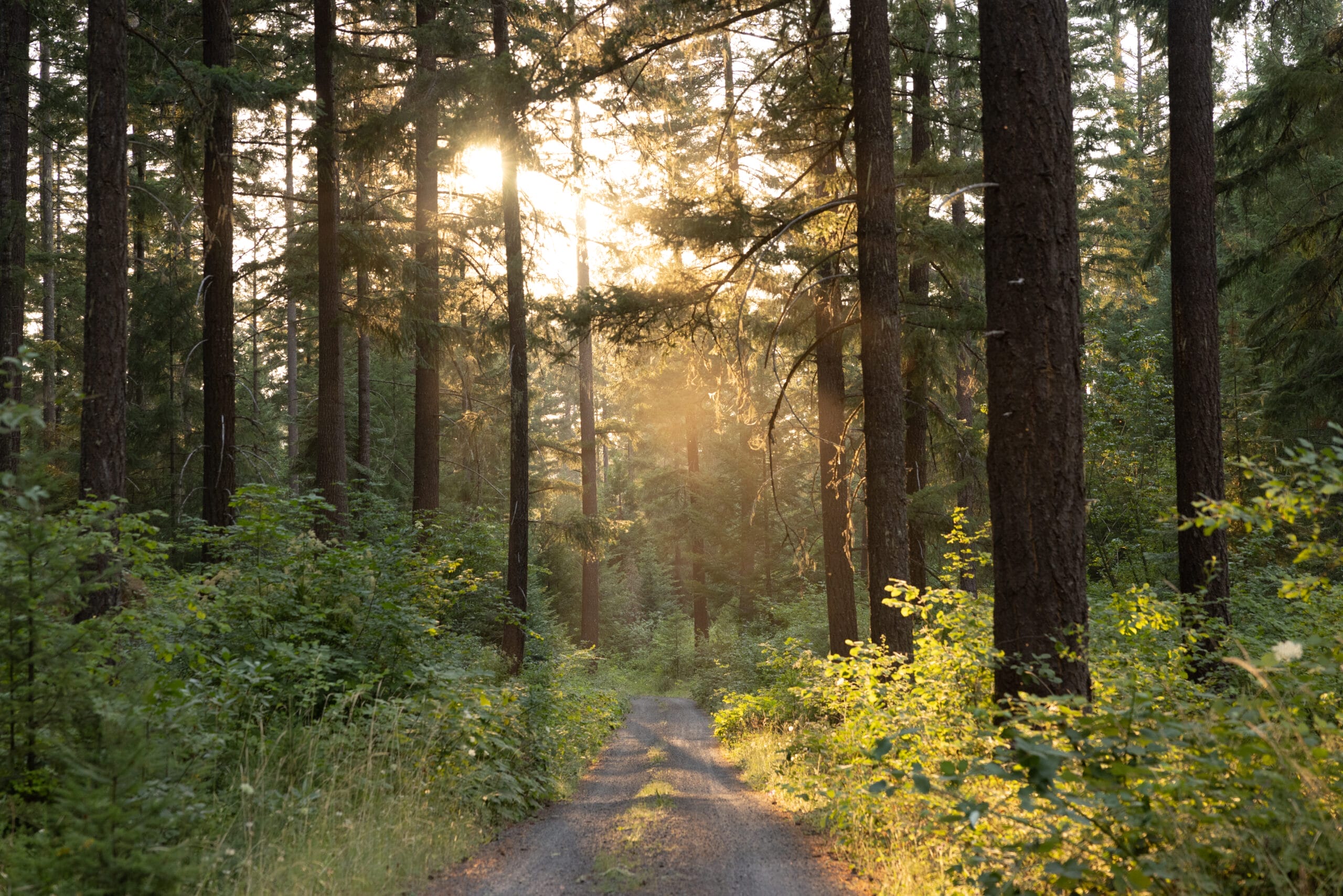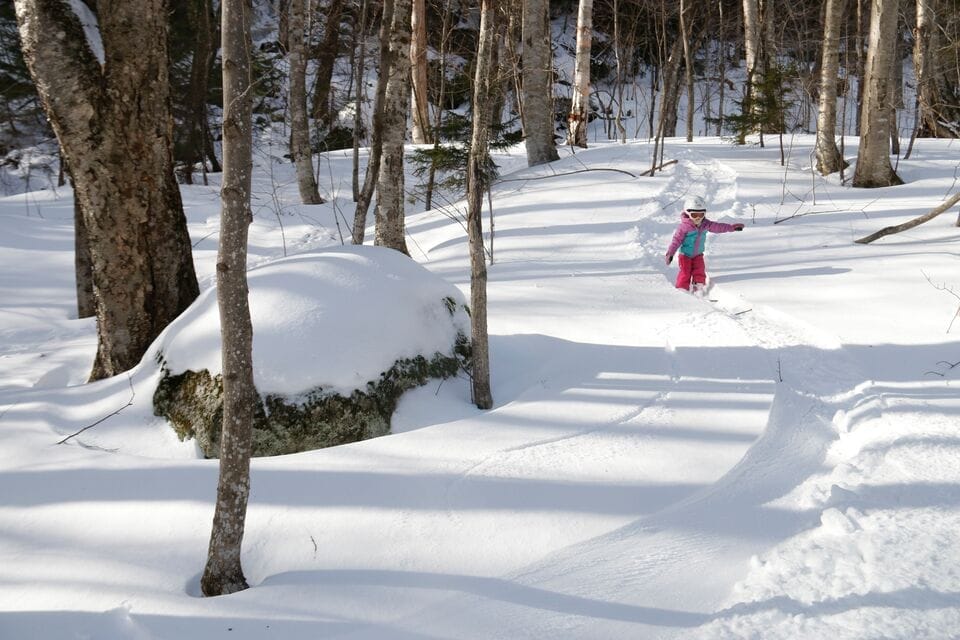
From farm to sandwich in New Hampshire
From farm to sandwich in New Hampshire
Robie farm is a true family business. Stop by on any given day, and you might spot Grandma Betty Sue harvesting cucumbers and snap peas in the garden, or Grandpa Lee out manning the tractor. Their son Mark, the cheesemaker, can often be found coaxing tangy Piermont and nutty Toma to age on planks made from white ash. And the youngest Robies—four-year-old Eli and two-year-old Lisette—well, they could be anywhere: they love to play hide-and-seek against a backdrop of green hills dotted with grazing Holsteins.
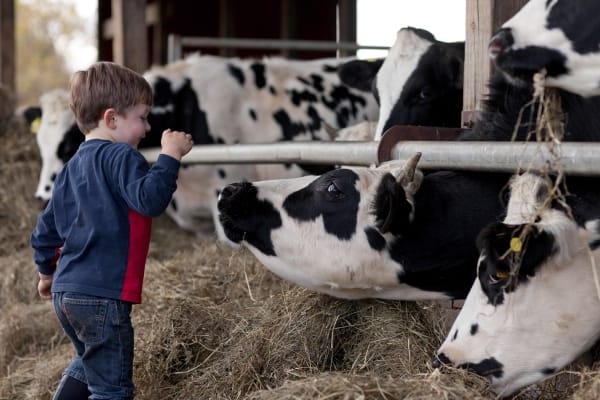
The 150-acre property on the banks of the Connecticut River has been in the Robie family for six generations: Lee’s great-great-grandparents first homesteaded the farm in 1870. Lee and Betty Sue raised four sons in the same house where Lee’s father and grandfather grew up. Two, including Mark, still live on the property. But while their land is steeped in history, the family is not bound by tradition—they can’t be.
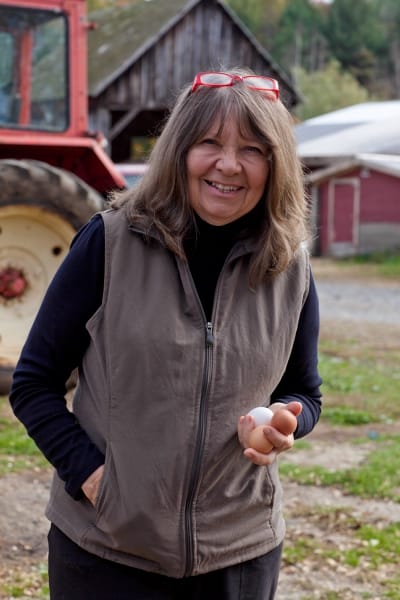
“We’ve seen too many of our friends and neighbors lose their farms,” says Betty Sue. “They want to hold on so bad—but with fluctuating milk prices and competition from the big agribusinesses, they just can’t afford to. It’s heartbreaking.”
Like many small farms, Robie Farm had to adapt to survive. In 2006 the Robies decided to shift their business model away from wholseale milk production in favor of supplying local restaurateurs with humanely raised meat, eggs, cheese, and raw milk. Robie goods now grace the menus of more than 50 restaurants and groceries across New England. The handcrafted products are local favorites with national appeal—they’ve even won praise from the food writers at The Wall Street Journal.
Despite their newfound success, the Robies still struggled with the farm’s debt, left over from the old wholesale business. Last year, they turned to The Trust for Public Land to help structure a conservation easement that would permanently protect their farm from development while providing them with the means to keep it in production.
Fundraising for the easement will continue through 2014. Once in place, the easement would enable the Robies to diversify even further by expanding their agricultural tourism operations. Betty Sue envisions farm tours, riverside camping, educational workshops, and apprenticeships to aspiring farmers.

“We want to give more people a chance to see the farm,” she says, “to pat the cows, feed the pigs, see how cheese gets made—and experience a lifestyle that’s almost extinct.”
FARM TO SANDWICH GRILLED CHEESE
The food writers at Vermont weekly Seven Days devised this sublime sandwich to showcase Robie Farm’s “exquisite” golden toma. Stop by Robie Farm to meet the cows and taste fresh milk and cheese. Visit the rustic farm store, open seven days a week—or order cheeses online at robiefarm.com.
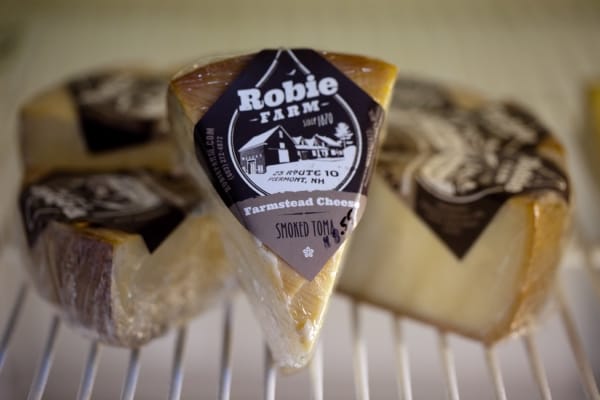
INGREDIENTS
• Arugula
• Olive oil
• Salt and pepper
• Fresh, crusty bread
• Cider jelly—or sliced green apple
• Robie Farm toma—or any meltable, Alpine-style cheese
Turn on broiler. In a bowl, toss a handful of arugula with a dribble of olive oil and salt and pepper. Place a slice of bread on foil under broiler until it begins to toast—about three minutes. Flip and slightly toast the other side—about two minutes.
Remove bread from the oven and slather on a layer of cider jelly, or layer slices of green apple. Then pile on arugula and top with sliced Robie Farm toma. Sprinkle with salt and pepper and broil again until cheese melts and begins to bubble—about four minutes. Remove and enjoy.
Despite the importance and popularity of our forests, they face unprecedented threats. Take action now and urge Congress to protect our country’s forests by signing our petition today!


Donate to become a member, and you’ll receive a subscription to Land&People magazine, our biannual publication featuring exclusive, inspiring stories about our work connecting everyone to the outdoors.
See how our supporters are helping us connect people to the outdoors across the country.



